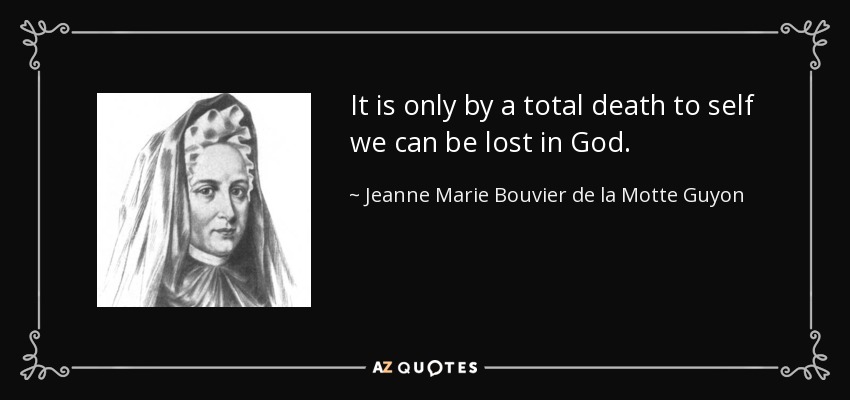
WORD STUDY: MY DEAREST – (Aramaic)
John 20:28: “And Thomas answered and said unto him: My Lord and my God.”
The passage in John 20:27-29 does not say that Thomas did touch the nail prints and the side of Jesus, What the Greek tells us is: Ho, kuios mou, Ho Theos mou. My Lord and my God. Some liberal theologians have tried to dismiss that last phrase as an exclamation, ie., “My Lord and oh my gosh.” That is because they are quite aware that Thomas spoke this phrase in Aramaic and it dari alahi. This would be tantamount to declaring Jesus to be God Jehovah. A good Jew like Thomas would not utter the sacred name but by saying dari alahi in their own native Aramaic, that would be the closest he could come to declaring Jesus as God without calling Him Jehovah. Because dari alahi would have the idea that Jesus was indeed Jehovah God. Still it would be offensive to many translators because it would have been like calling the Almighty, creator of the universe, “My dearest.” Many Christians think that is getting too personal with God.
This idea of such a personal relationship with God is relatively new within the church. Although history is full of Christians who had such an intimate relationship with God that they would call Him “My Dearest.” Bernard of Clairvaux is a good example who was the son of a nobleman in the Middle Ages but had such a love for Jesus that he gave his life to service in a monastery and was later commissioned by the Pope who was so impressed with his love for Jesus that he sent him on a crusade, a preaching crusade to the most radical Muslims of that day. His love for Jesus was so genuine that these radical Muslins gave their hearts to Jesus and paraded through a Muslim city declaring the message of Jesus giving no thought to their own lives which were in jeopardy as they would be today.
You have Madam Guyun who lived in the late 17th Century who was imprisoned by the church in the Bastille for no other reason than the fact that she declared she loved Jesus and had a personal relationship with Him.
The Hebrew equivalent to dari alahi is adoni alei which is a term rarely used in the Old Testament, except in the Psalms where David uses it quite frequently and most likely where its origins lies in becoming an expression of love toward God or a term of endearment. It is sort of like a husband calling his wife “My dearest.” He is the only person in the world who can utter such an expression to this woman. For her to receive that from another man would be real violation of the trust her husband put in her. If you, tried to someone not your wife you could end up with a black eye, not only from the husband but her as well not to mention being arrested and/or sued for sexual harassment.
So too is the expression adoni alei or dari alahi a term of endearment to God to be used only by those who have that personal intimate relationship with God. To use this phrase with anyone but God Jehovah would be to give that person the status of deity and be blasphemous. It is a special expression that can only be used with God Jehovah and only used if you really love Him.
That moment before Jesus, when Thomas had the complete awareness that he was before God Jehovah Himself, and the love and acceptance he must have felt at that moment coming from Jesus must have so overwhelmed him that he uttered those words of endearment like a lover would do the moment her beloved asks for her hand in marriage. That intense moment of love and acceptance caused Thomas to speak words of complete submission. Thomas would never have forgotten that moment when he stood before Jesus and was first made aware that he was before the almighty God. He walked with Jesus for three years, but until he knew Jesus as God Jehovah, could he only say: adoni alei, or dari alahi.
I wonder if it is just coincidence that if you put the Aramaic words dari alahi into modern 21st Century English it would sound so very much like our English word – Dearest?







Recent Comments